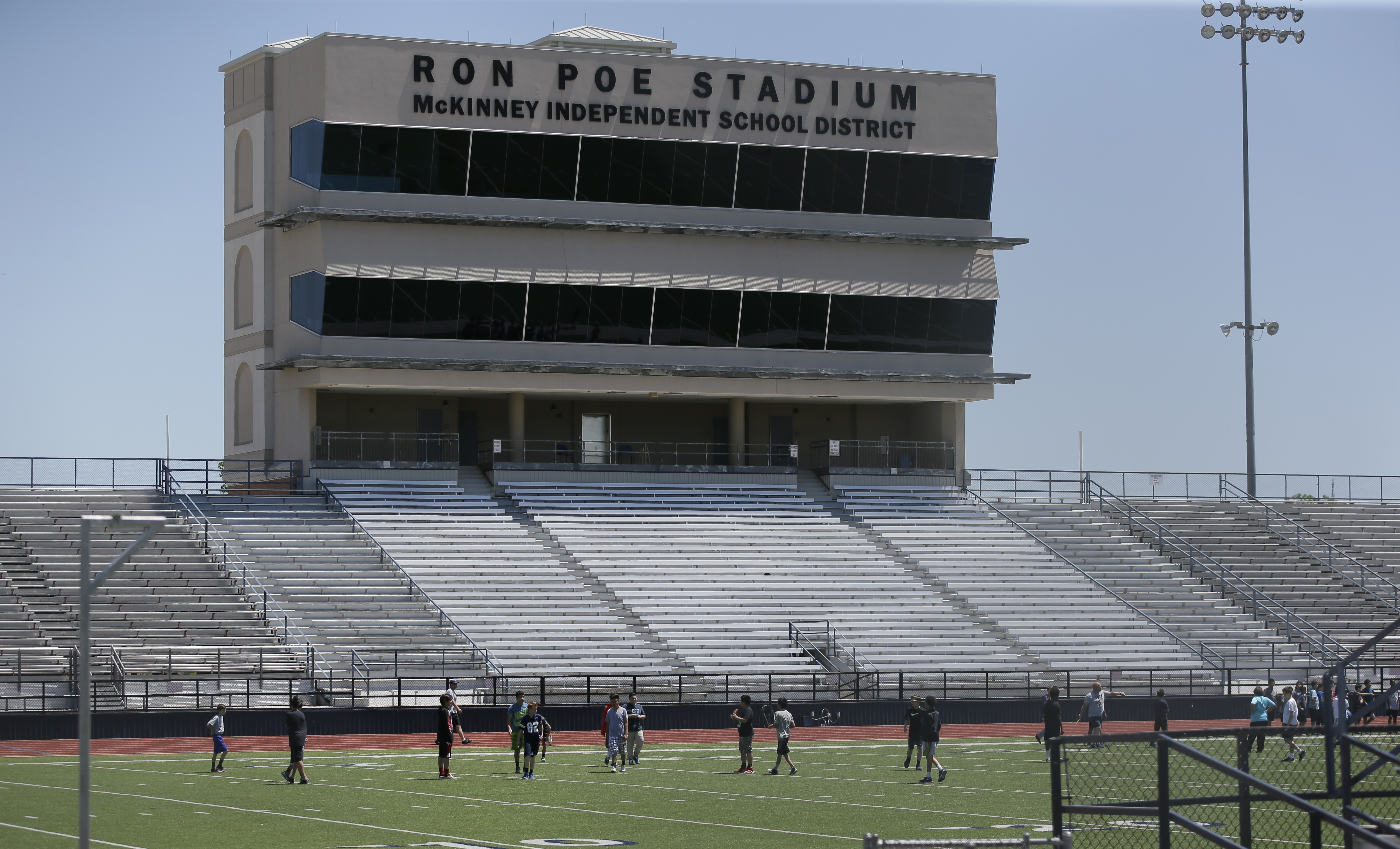

Several locations in the rules book required the team captains to make these decisions, so the new language throughout the book will provide teams more options. In addition, several rules will be affected by the committee’s ruling that the head coach, prior to the game, should notify the referee as to the team’s designated representative (coach or player) who will make decisions regarding penalty acceptance or declination.

In Rule 7-1, a new Article 9 states that no defensive player shall use disconcerting acts or words prior to the snap in an attempt to interfere with an offensive player’s signals or movements.īob Colgate, NFHS director of sports and sports medicine and staff liaison to the NFHS Football Rules Committee, said this language was moved from Rule 9-5-1d and has been reclassified from a 15-yard unsportsmanlike foul to a 5-yard foul. The committee expanded the exception to permit a player positioned directly behind the center (shotgun formation) to intentionally ground the ball. Previously, it was legal to conserve time only by intentionally throwing the ball forward to the ground immediately after receiving a direct hand-to-hand snap. The exception in Rule 7-5-2 regarding an illegal forward pass being a foul was expanded. Two changes to Rule 7 – Snapping, Handling and Passing the Ball – were approved by the committee.
#When does the clock stop in football series
Beginning next season, 25 seconds will be on the play clock and start on the ready-for-play signal when a new series is awarded following a legal free kick or scrimmage kick. In the same rule dealing with the play clock (Rule 3-6-1), the committee approved one additional situation when 25 seconds will be on the play clock. However, this coming season, the play clock will be set at 40 seconds following an injury to a defensive player or a when a defensive player has an equipment issue. Last year, in an effort to establish a more consistent time period between downs, the play clock was expanded from 25 seconds to 40 seconds in many cases, although the play clock remained at 25 seconds in most cases following an official’s timeout. All recommended changes were subsequently approved by the NFHS Board of Directors.

This change was one of six rules revisions recommended by the National Federation of State High School Associations (NFHS) Football Rules Committee at its Jan. 12-14 meeting in Indianapolis. In an effort to eliminate a potential timing advantage gained by the defensive team in high school football, the play clock will be set to 40 seconds - effective with the 2020 season - when an official’s timeout is taken for an injury to a defensive player or a defensive player has an equipment issue. A press release issued by the National Federation of State High School Associations announced the following changes to the high school football rules, effective this year.


 0 kommentar(er)
0 kommentar(er)
